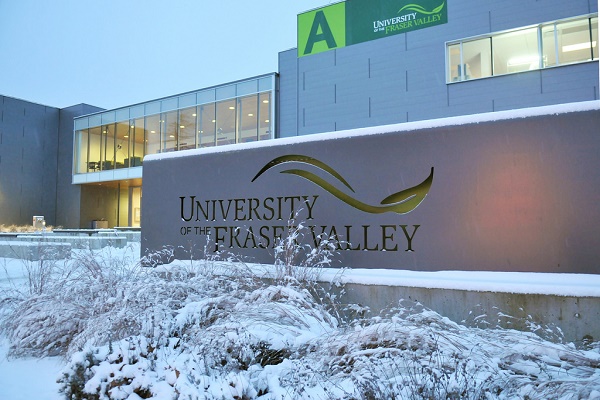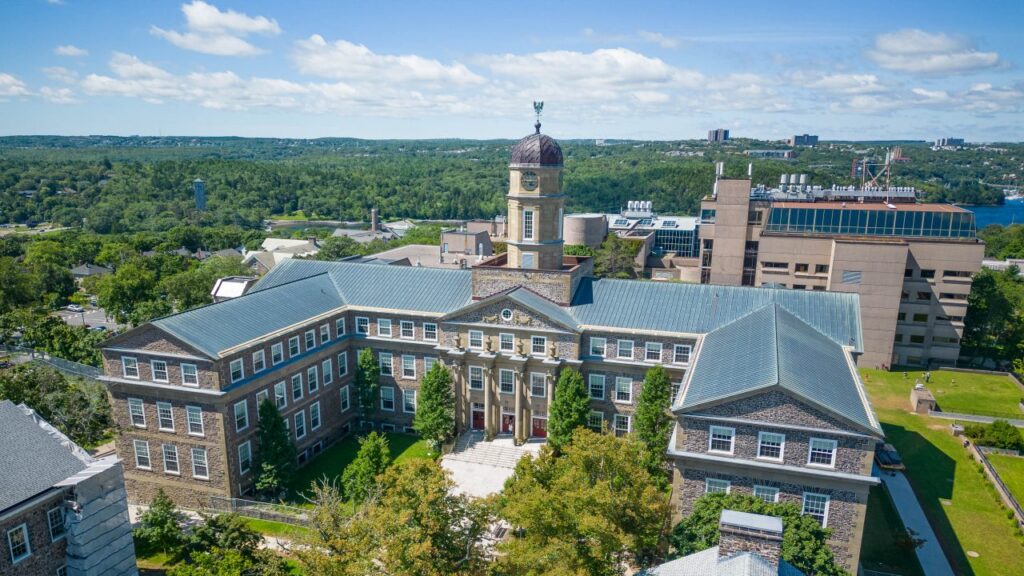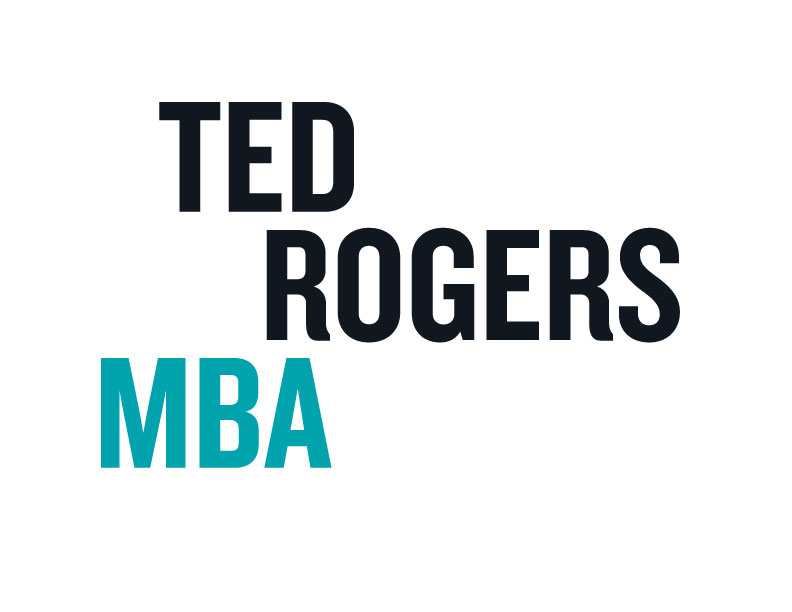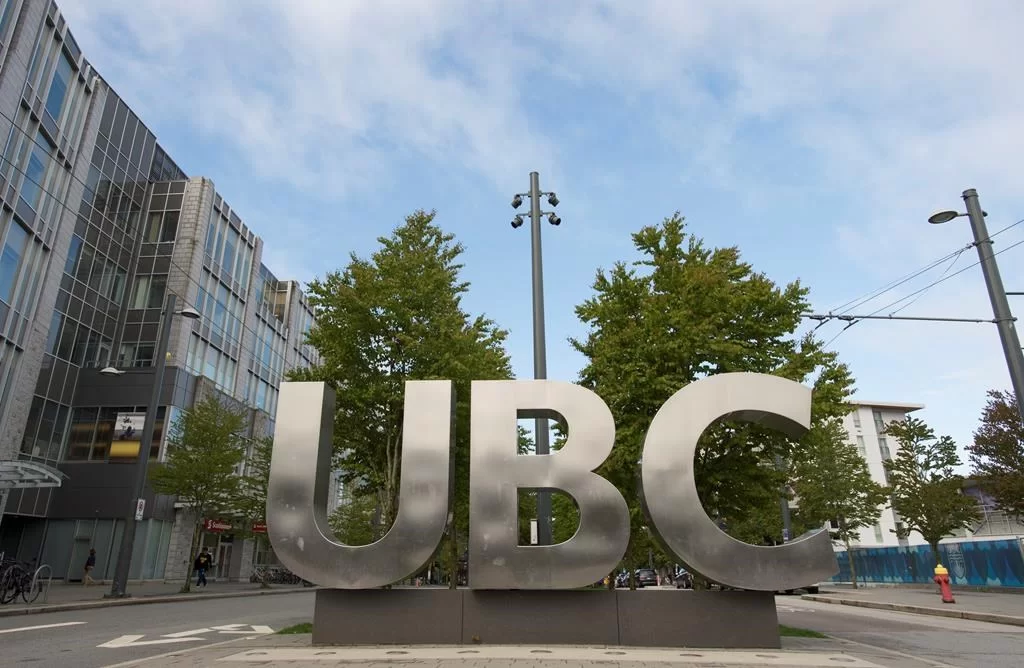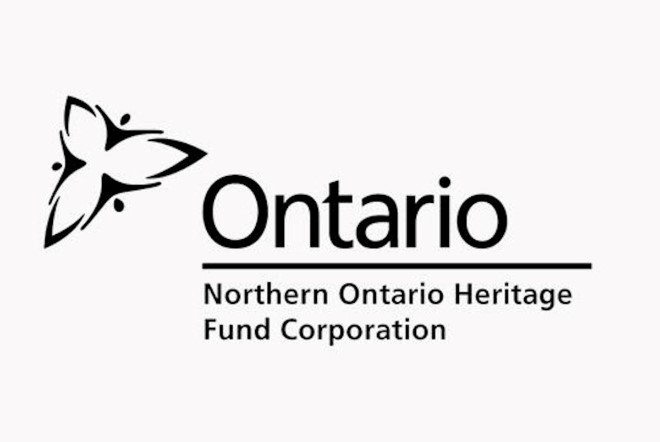Canada is known for its strong economy and good living standards, making it a great place for skilled workers to grow in their careers. If you’re a skilled worker wanting to make Canada your new home, this detailed guide will show you how to make your move easier and what you need to know for a smooth transition.
Why Skilled Workers Choose Canada
If you have skills and experience, Canada might be the perfect place for you. The country needs skilled professionals in areas such as technology, healthcare, engineering, and finance. To bring in talent from all over, Canada has made special immigration systems like the Express Entry.
Understanding the Express Entry System
The main way skilled workers can move to Canada is through the Express Entry system. This system handles applications for three main immigration programs: the Federal Skilled Worker Program, the Federal Skilled Trades Program, and the Canadian Experience Class. It ranks people by their points in the Comprehensive Ranking System (CRS), and those with the most points get an invite to apply for permanent residence.
What You Need to Be Eligible
To be considered, there are certain things you need: you must have worked in a skilled job for at least one year, be able to prove your language skills, and your education must be assessed by getting an Educational Credential Assessment (ECA) report.
Proving You Can Speak English or French
Knowing English or French is very important if you want to live and work in Canada. You will have to take exams like IELTS or CELPIP to show how well you can communicate in these languages.
Understanding the Educational Credential Assessment (ECA)
An Educational Credential Assessment (ECA) is a must-do step. It shows that your education from another country is just as good as one from Canada. This helps Canadian employers and schools to understand your qualifications.
Setting Up Your Express Entry Profile
You will need to create an online profile for Express Entry. This profile includes details on your work experience, education, language ability, and more. The information you give will determine your CRS points and place you in line for migration consideration.
How the Comprehensive Ranking System (CRS) Score Works
Your CRS score is very important. It looks at things like your age, education, work experience, language skills, and how well you might adjust to living in Canada. A higher score means a better chance of being invited to stay in Canada permanently. Improving your qualifications and getting more work experience can increase your CRS score.
Using Provincial Nominee Programs (PNPs)
Other than Express Entry, Canada also has Provincial Nominee Programs (PNPs). These allow the different provinces and territories to pick skilled workers who fit the jobs they need to fill. If you have the skills that match a certain province or territory, you could get nominated, which gives you extra points in the CRS system.
The Value of Having a Job Offer
Getting a job offer before you move can really help. It’s not a must-have, but it does give you more CRS points. You can look for jobs online, attend job fairs, or use networking to improve your chances of getting an offer.
Applying for Permanent Residence
If you get invited to apply for permanent residence, you’ll have to fill in some forms, send in some documents, and pay some fees, all within a certain time. It’s super important to make sure everything you put in your application is correct and honest to avoid any issues or delays.
Getting Your Medical and Security Checks Done
You and your family members who are moving with you will need to pass some medical exams and security checks. These make sure that you meet Canada’s health and safety rules. You’ll have to do these quickly, as the government tells you.
Your Move to Canada: The Final Steps
What is a Confirmation of Permanent Residence (COPR)?
When your application for permanent residence is accepted, you get a Confirmation of Permanent Residence (COPR). This paper lets you travel to Canada as a new permanent resident. You should then make your travel plans, book your flight, and sort out your money matters.
Getting Settled in Canada
Once you arrive, there are things you need to do to get started. This includes getting a Social Insurance Number (SIN), opening a bank account, and finding a place to live. Canada has resources to help you settle in, like classes to improve your English or French, help finding a job, and programs to help you get used to Canadian culture.
Benefits of Moving to Canada as a Skilled Worker
There are many good things about moving to Canada if you’re a skilled worker. You can enjoy free healthcare, good schools, a society that welcomes people from all backgrounds, plenty of job opportunities, and social support programs. All in all, it’s a place with a strong economy, great values, and lots of different cultures, ideal for professionals looking for a bright future.
Conclusion: Making Your Way to Canada
Moving to Canada as a skilled worker is a big leap, but understanding the Express Entry system, meeting all the requirements, and making the most of things like PNPs and job offers can greatly boost your chances of making it happen. Being well-prepared and careful with your application is key to a successful move.

